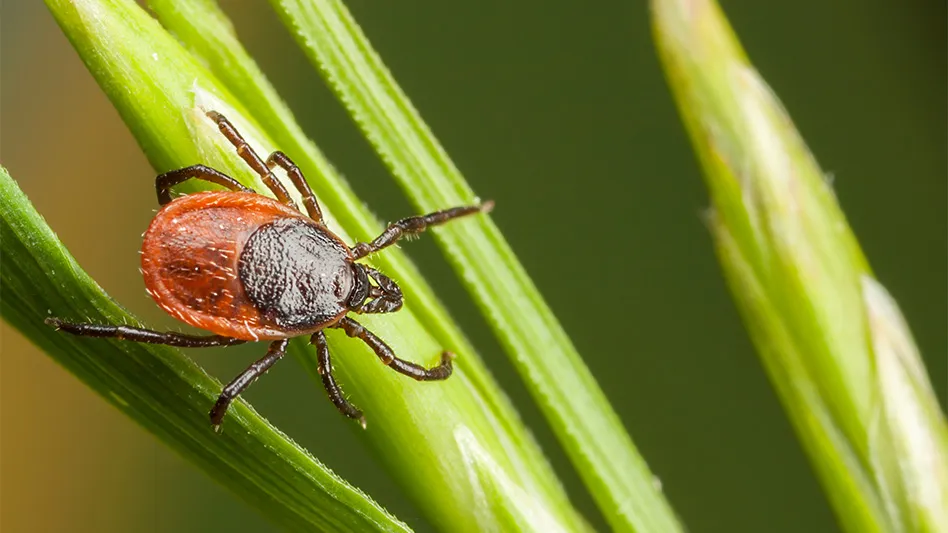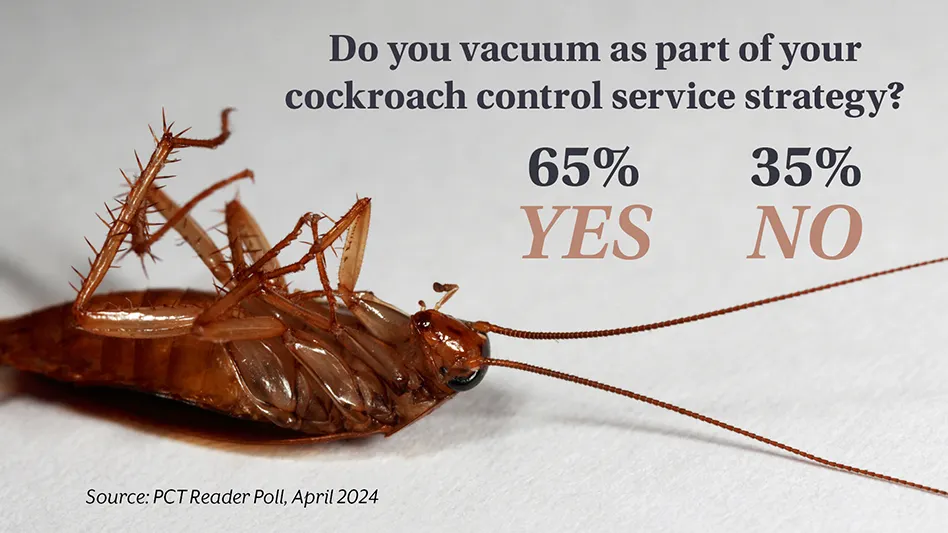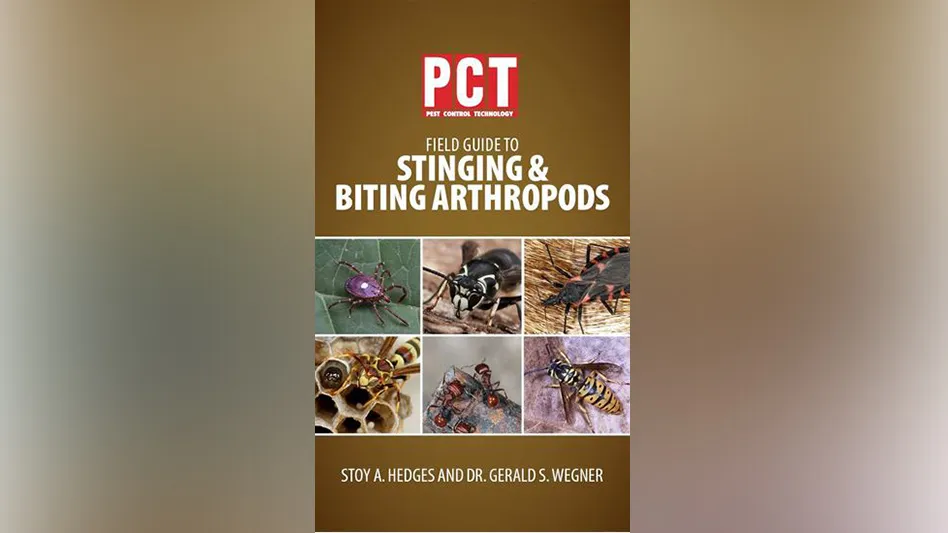
JACKSON – Seventy-eight Mississippians have been diagnosed with West Nile virus, and one death is attributed to the disease.
Mississippi is one of the three hardest-hit states, following Texas and Oklahoma. Specialists predict the number of cases will continue to increase through early fall.
“Activity has been confirmed statewide, but most cases are in central and south Mississippi,” said Jerome Goddard, associate professor of medical and veterinary entomology with Mississippi State University’s Extension Service. “There were 52 total cases in 2011, and my best guess is that we are poised to have more than 100 cases this year.”
| Related: PCT Podcast with Dr. Jerome Goddard |
West Nile virus is one of five major mosquito-borne viruses found in Mississippi. It affects birds, animals and humans. The virus causes flu-like symptoms in humans and can lead to encephalitis or meningitis in severe cases.
The Mississippi Department of Health has confirmed human cases in 25 counties so far, including Adams, Calhoun, Clarke, Coahoma, Copiah, Covington, Forrest, Franklin, Hancock, Hinds, Jones, Lamar, Lauderdale, Lawrence, Leflore, Lincoln, Madison, Marion, Monroe, Rankin, Smith, Stone, Sunflower, Washington, Wayne and Yazoo. Rankin County has 16 confirmed cases, making it No. 1 in the state. Hinds County follows with 10 cases.
To prevent West Nile virus, all residents are urged to avoid mosquito bites. Remove standing water, where mosquitoes can breed. Apply insect repellant containing DEET when outdoors. Wear long sleeves and long pants, and avoid being outdoors during the morning and early evening, when mosquitoes are most active.
“Everyone in Mississippi should take the proper precautions, no matter where they live,” said Wendy Varnado, entomologist with the Mississippi Department of Health. “West Nile Virus is found most often in urban areas, but just because it hasn’t been confirmed in an area, doesn’t mean it’s not present. It can show up anywhere.”
Goddard said since the virus was first confirmed in the state in 2002, the disease has peaked about every five years.
“West Nile virus is a bird disease, and during the years the state experiences large case numbers, many of the birds are exposed and become immune,” he said. “When that level of immunity decreases over time through bird deaths and the addition of baby birds, we see increased cases of disease again.”
For information on the best ways to guard against West Nile virus and other mosquito-borne illnesses, refer to Extension publication 2530, “Mosquitoes, West Nile and Other Encephalitis Viruses: What You Can Do to Protect Yourself,” available online at http://www.msucares.com/pubs.
Latest from Pest Control Technology
- Viking Pest Control Organizes a Charity Bike Build for Local Families
- Gaining Control of Structure-Infesting Carpenter Ants
- Big Blue Bug’s Brian Goldman Receives Rhode Island Small Business Person of the Year Award
- UF Researchers Examine How Much Bait it Takes to Eliminate a Subterranean Termite Colony
- Women in Pest Control Group Continues to Grow, Provide Opportunities in the Industry
- NPMA Announces Results of 2024-2025 Board of Directors Election
- Massey Services Acquires Orange Environmental Services
- Hawx Pest Control Wins Bronze Stevie Award for Sustainability





